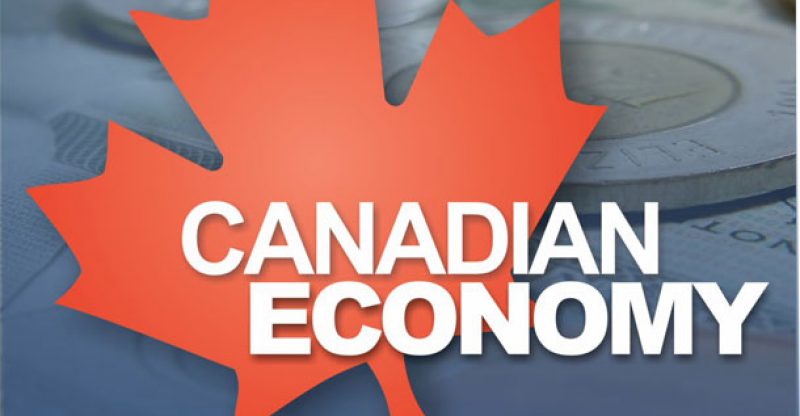How the $15 Minimum Wage can Help the Canadian Economy
Some time ago, the Ontario government introduced some plans for sweeping labor forms which includes a proposed law to raise the minimum wage to $15 an hour by Jan. 2, 2019. This proposed plans had some controversial arguments that it could add more fuel on fire for the young unemployed generation.
Generally in Canada and around the world, domestic consumption is what drives economies. “Household purchases account for 57 per cent of Canadian Gross Domestic Products, a rising share of economic activity since the Great Recession of 2008 because business-to-business purchases, business investment and exports haven’t found their mojo since.” The Canadian news.
The cost of housing in Vancouver and Toronto has been affecting the countries’ economies from disposable income; constraining how much of the monthly budget is left to make purchases from domestic and international producers.
Interestingly, the minimum wage gain can help the economy growth a lot. “When higher income households see wage gains, some of it goes to savings. Additional consumption also often flows to vacations and luxury goods, often imported.” Reported the business news. “When lower income households see a sustained rise in incomes, they spend virtually all of it. Most goes to food (more nutritious food or eating out), better health care and more education. Sometimes it goes to rent (moving to a better neighborhood)”.
Nearly 30 per cent of Ontario’s labor market earned less than $15 an hour in 2016. Ontario has more people working at low wages than any other large community in Canada.
Theoretically, Canada has, for decades been running at a low-wage economy according to Statistics Canada. And within Canada, Ontario has the highest reliance on low-wage work. ‘Boosting wages may knock out some jobs and some marginal businesses. The remaining enterprises that rely on low-wage work will see improved productivity, less absenteeism and turnover, reducing recruitment and training costs.’





